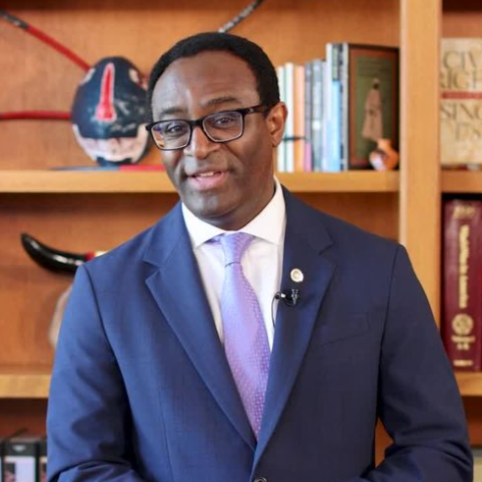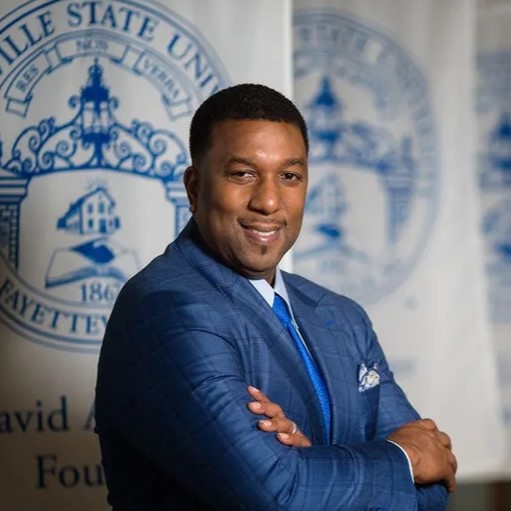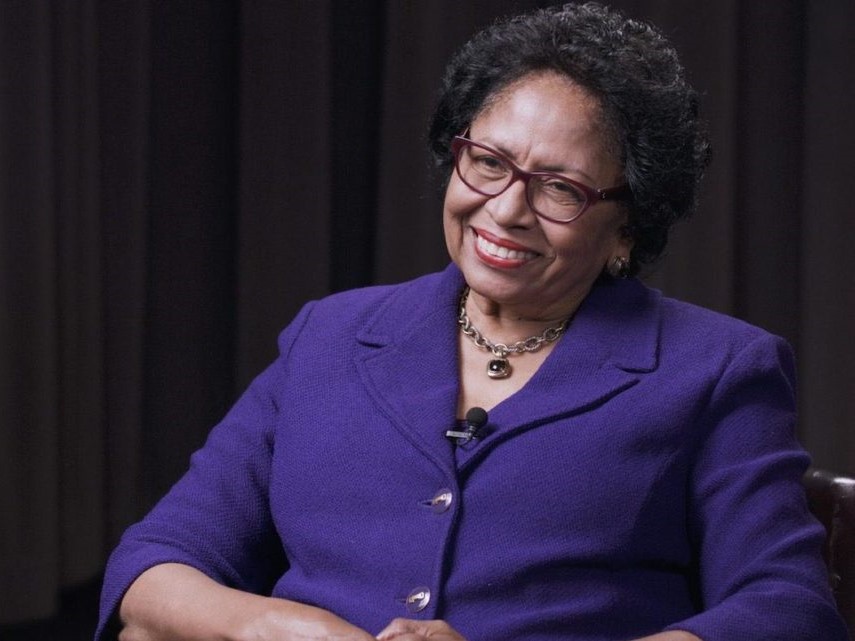Fulbright HBCU Institutional Leaders
The Bureau of Educational and Cultural Affairs (ECA) established the Fulbright HBCU Institutional Leaders Initiative in 2019 to recognize and commend the strong partnership between the Fulbright Program and HBCUs.
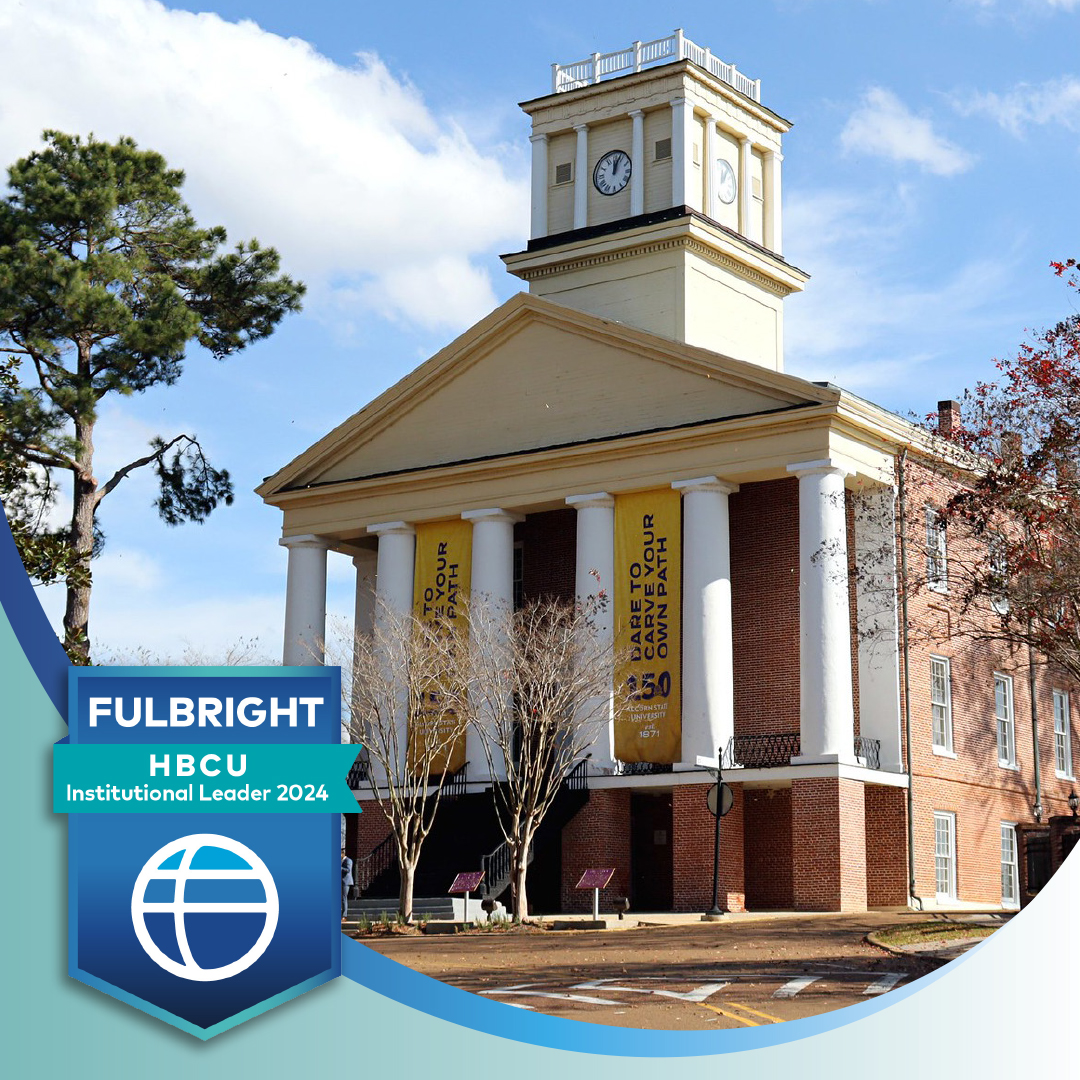
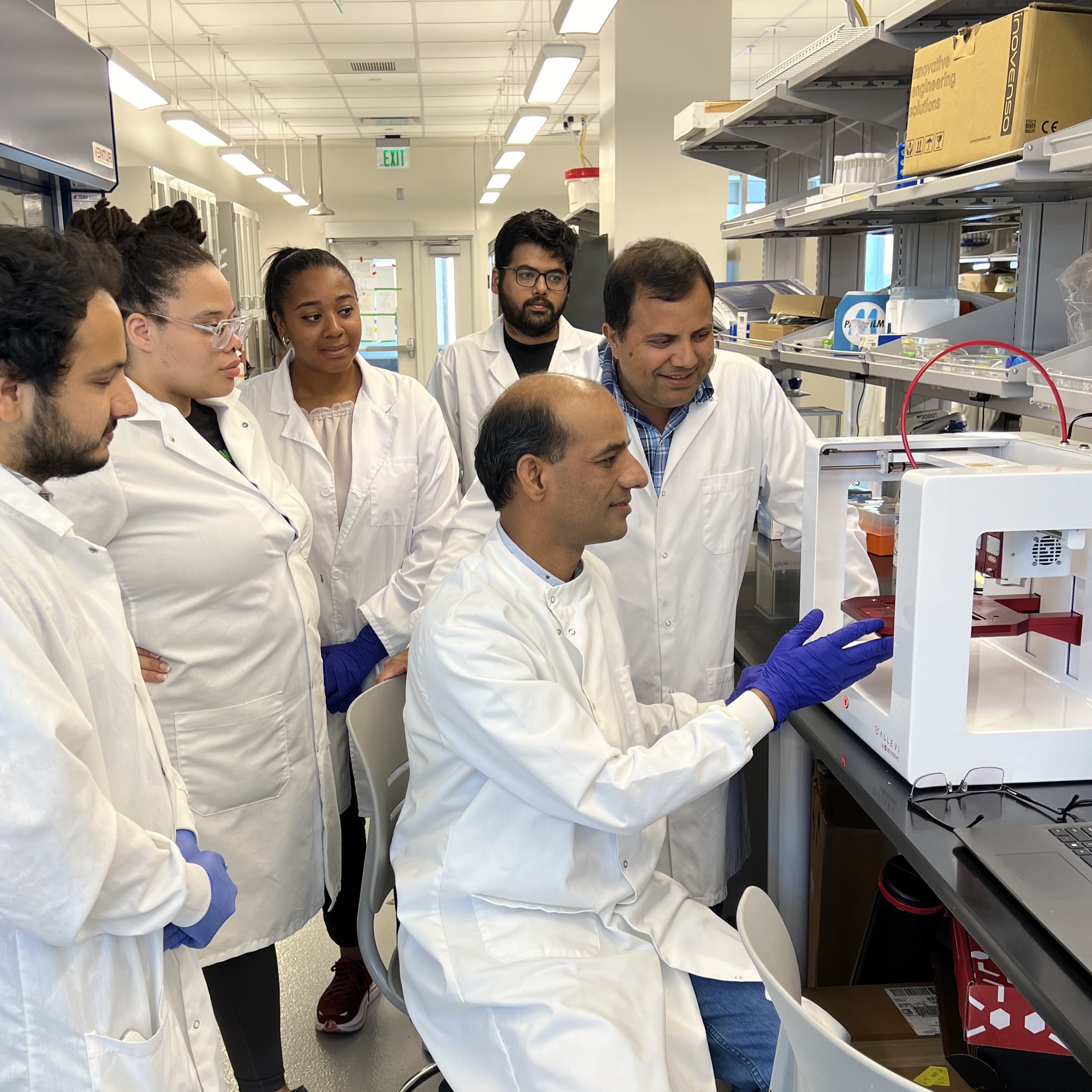
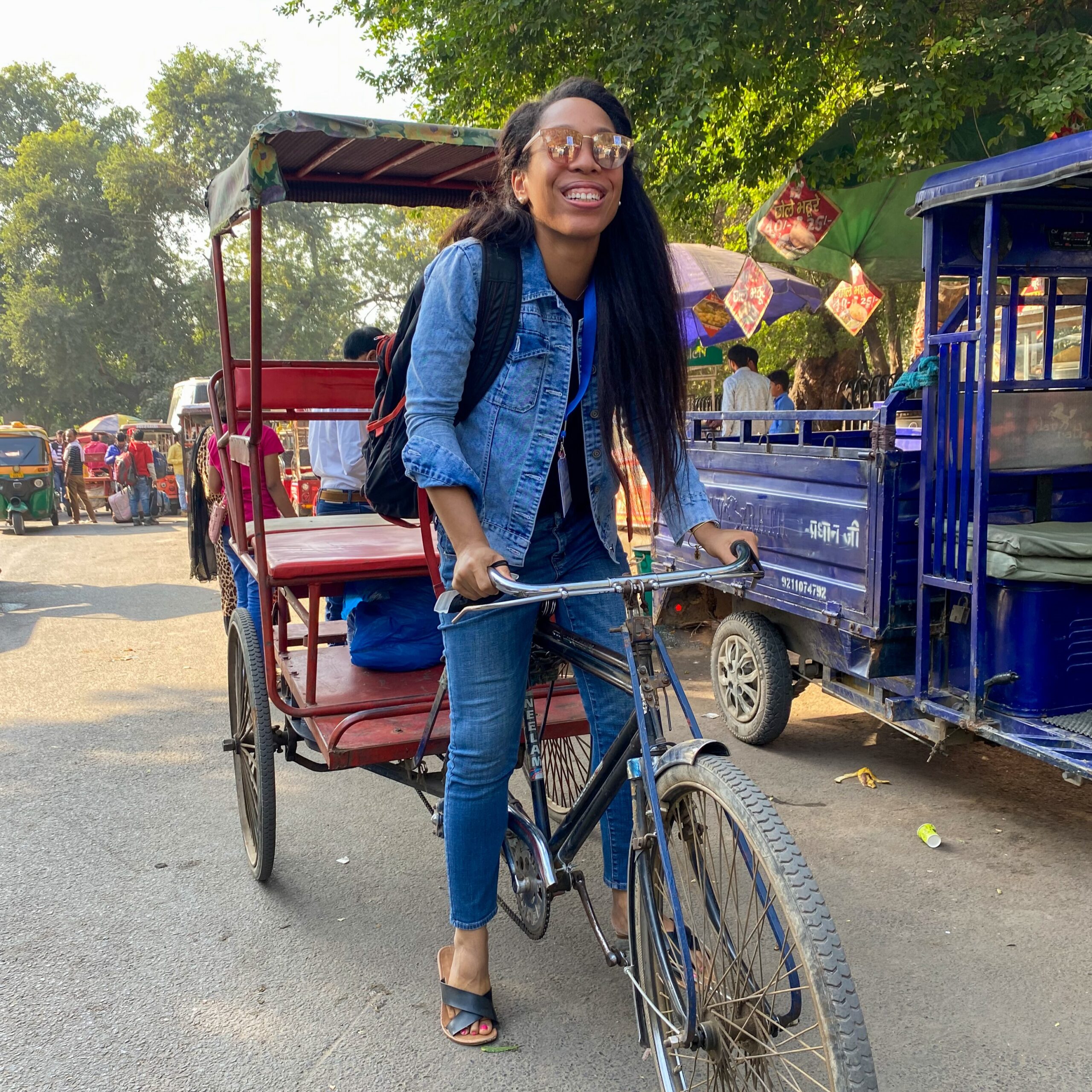
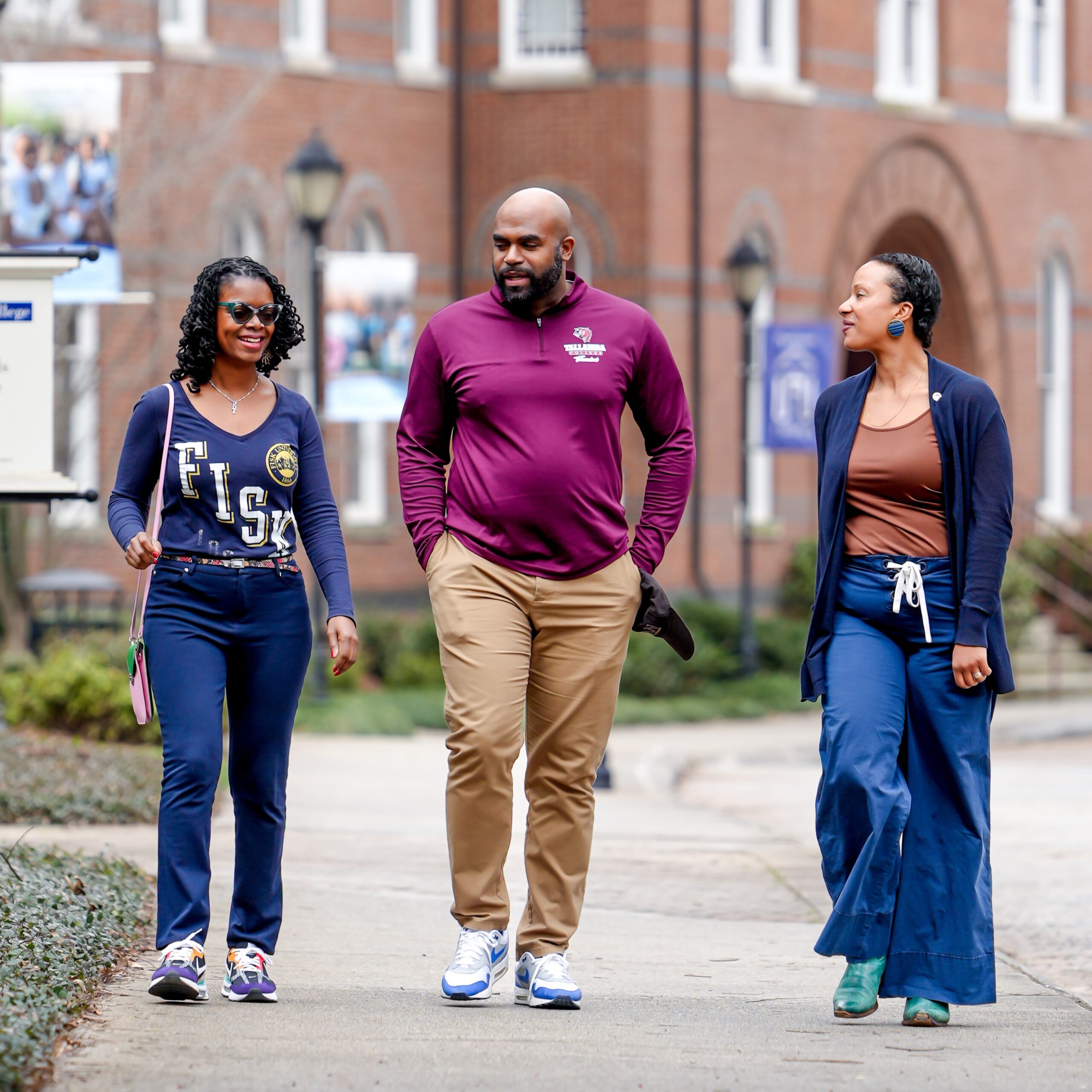
2024 Fulbright HBCU Institutional Leaders Announcement
On September 10, the U.S. Department of State announced 19 HBCUs as “Fulbright HBCU Institutional Leaders” in recognition of their noteworthy engagement with the Fulbright Program during the 2023-24 academic year.
The HBCU Institutional Leader status recognizes engagement with, and promotion of, the Fulbright Program. The HBCU Institutional Leader status recognizes HBCUs that both host international faculty and graduate students, and also send recent graduates, graduate students, faculty, and administrators overseas to study, teach, conduct research, or participate in seminars abroad through Fulbright.
Mississippi
North Carolina
North Carolina
Florida
District of Columbia
Texas
Mississippi
Tennessee
Pennsylvania
Mississippi Valley State University
Mississippi
Maryland
North Carolina A&T State University
North Carolina
North Carolina Central University
North Carolina
Georgia
Tennessee
Virginia
Xavier University of Louisiana
Louisiana

My Fulbright experience had a profound effect on me and the way I approach research. It gave me a more global perspective.”
HBCUs Form Global Connections Through Fulbright: Past and Present
Since 1946, the Fulbright Program has given over 400,000 students, scholars, teachers, artists, and professionals from all backgrounds and all types of institutions the opportunity to study, teach, conduct research, exchange ideas, and contribute to finding solutions to complex global challenges.
HBCUs have been deeply engaged in the Fulbright Program since its founding. Fisk University President Dr. Charles S. Johnson was on the inaugural Fulbright Foreign Scholarship Board in the 1940s and the first Fulbright cohort included four participants affiliated with HBCUs. This tradition continues today.
Fulbright visiting students and scholars contribute to HBCUs’ international networks and create long-term collaborations. Engagement with Fulbright bolsters institutional internationalization strategies and supports curriculum needs when Fulbrighters and program alumni share their expertise, establish international research partnerships, and build international networks.
Faculty members who have Fulbright U.S. Scholar Awards return from their grant experiences and enrich their campus culture, students and curriculum, and the Fulbright U.S. Student Program provides recent alumni and graduate students with opportunities to gain valuable international perspectives and experiences.

